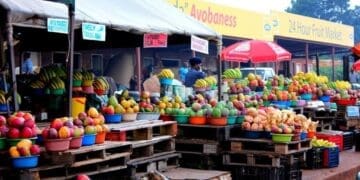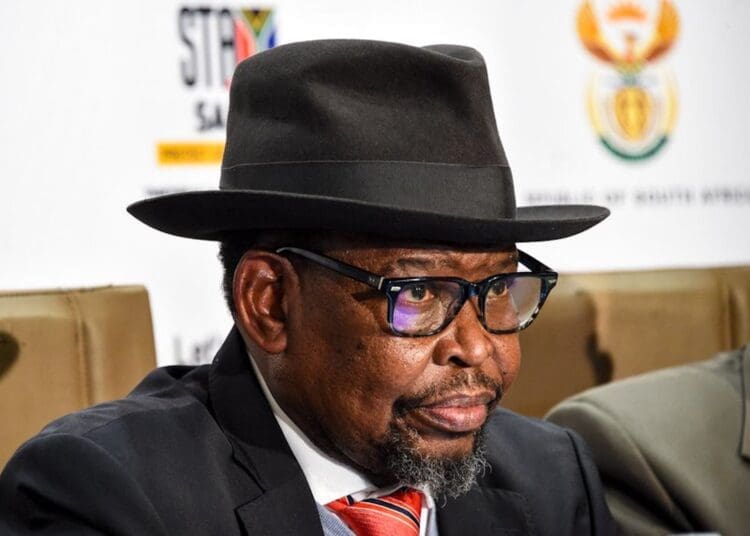By Azwidohwi Mamphiswana
Small business owners are hopeful that the 2025 Budget Speech by Finance Minister Enoch Godongwana will address the various challenges they face.
SMMEs, which are crucial to the economy, struggle with high compliance costs, limited funding access and policy inconsistencies. Many business owners seek measures to ease these burdens and foster growth.
Tax compliance remains a significant hurdle. Business owners are calling for reduced corporate tax rates, fewer regulatory burdens and higher VAT thresholds to ease financial pressure.
However, analysts warn that fiscal constraints could limit tax relief measures.
“The government needs revenue, but overburdening SMEs with taxes and red tape stifles growth,” said financial analyst Thelma Komana.
Kevin Lings, chief economist at STANLIB, noted that major tax hikes are unlikely.
“The household sector is under enormous pressure and the government can’t really increase taxes substantially. It’s very unlikely that the government would be able to increase taxes in a meaningful way,” he said.
Access to funding remains a persistent issue. Government-backed initiatives such as the Small Enterprise Finance Agency and the Industrial Development Corporation exist, but many entrepreneurs struggle with strict eligibility requirements and bureaucratic delays.
“You hear about funding, but actually getting it is another story,” said Sipho Mthethwa, a township-based retailer. “The process is long, and most small businesses don’t qualify.”
The tourism industry is also under strain.
Grace Mahlangu, a guesthouse owner in Mpumalanga, said rising costs were making it harder to compete.
“We are still recovering from the pandemic, but high electricity prices and transport costs are eating into our profits. We need government support to sustain tourism businesses,” she said.
She hopes the Budget will introduce incentives such as tax breaks or grants for infrastructure.
Farmers in rural areas face similar financial hurdles.
Pfunzo Masindi, a small-scale vegetable farmer in Limpopo, said securing affordable loans remained a major challenge.
“Many of us are trying to expand, but banks won’t lend to small farmers without collateral. Government funding exists, but the red tape makes it difficult to access,” he said.
Masindi is calling for a more inclusive funding model to help small farmers grow their businesses.
Small manufacturers and retailers are pushing for lower import duties. While higher tariffs on imported goods can protect local industries, they also raise costs for businesses reliant on foreign suppliers.
Financial analyst Thelma Komana emphasised the need for balance.
“Government needs to strike a balance — protecting local businesses without making imports unaffordable,” she said.
Energy costs remain a major challenge. The government has been investing in prepaid meters and renewable energy options, which could reduce operational costs.
Wandile Mnguni, head of transactional banking products and payments at First National Bank, said such investments could help businesses lower dependence on volatile energy prices and reinvest in sustainable solutions.
Digital transformation is also expected to feature in the budget. Increased funding for the digital economy could encourage SMEs to adopt cloud services and digital marketing tools to boost efficiency and competitiveness.
President Cyril Ramaphosa emphasised in his State of the Nation Address that small businesses were key drivers of job creation and economic growth.
With this in mind, SMMEs hope the 2025 Budget will deliver tangible support to help them thrive in a competitive economy.
























































